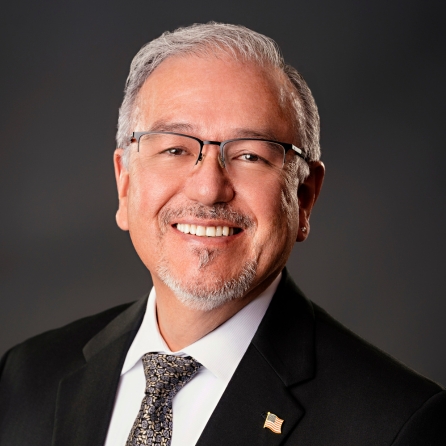
Quick Links
What is Trigger Finger?
Trigger finger is sometimes called stenosing tenosynovitis. It’s a condition where the tendons that control the first three fingers of the hand are unable to glide as they need to during movement. Trigger finger is relatively common but is fortunately treatable with the help of an orthopedic hand specialist.
Before surgery the nurse even played my favorite music for me. Dr. Galli with all his experience put me at ease and ready to go through my surgery. I am healed now and using my hand at almost 100%. Thank you Regional Hand Center.
What are the Symptoms of Trigger Finger?
Trigger finger symptoms can include:
- Pain or discomfort at the base of the thumb or first finger
- Swelling (sometimes accompanying a cyst)
- Stiffness and loss of mobility
- Popping, locking, or catching sensation during movement
Untreated and severe trigger finger can ultimately result in an inability to bend or straighten the first three fingers.
What Causes Trigger Finger?
The tendons of the thumb, first, and middle fingers are able to bend because of flexor tendons. These tendons have linings that surround them and are designed to glide through the sheath without friction. Trigger finger happens because the tendon no longer glides through like it needs to. This can be caused by three factors:
- The tendon swells or enlarges
- The lining becomes thicker
- The tissues covering the lining become thicker
Any of these factors can cause friction and prevent seamless movement of the tendons. When this happens, it can cause pain or stiffness in the fingers.
What Treatment Options Are Available for Trigger Finger?
There are a variety of surgical and non-surgical treatment options for trigger finger.
Non-Surgical Treatment
The goal of non-surgical treatment is to reduce swelling and achieve painless movement. Non-surgical treatments are most effective when used early on in diagnosis. Your orthopedic hand specialist may recommend a combination of splinting at night, anti-inflammatory medications, steroid injections, lifestyle changes, and physical therapy.
Surgical Treatment
Surgery is used in cases where non-surgical treatments don’t work. During surgery, a variety of techniques can be used to allow for more free movement of the tendons at the base of the fingers. In some cases, it might involve removal of some of the tendon or cutting some of the tissue. Your orthopedic hand specialist will discuss the right surgical approach during a consultation. This option is referred to as trigger finger release.
What to Expect After Trigger Finger Treatment
You’ll be given detailed instructions for your surgical recovery or non-surgical treatment plan by your orthopedic hand specialist. The most important part of your treatment is making lifestyle adjustments to prevent symptoms from coming back. This includes avoiding activities that repeatedly strain the tendons and managing inflammation if it does reoccur. Your orthopedic hand specialist can help you determine your possible causes and how to avoid them going forward.
Schedule a Consultation at the Regional Hand Center
Trigger finger is easily treatable with the help of an experienced hand specialist. To schedule a consultation, contact our Fresno, CA office by calling or filling out our online form.
Patient Resources
Whether you are planning a procedure or you are interested in options for treatment, the professional and caring Regional Hand Center team makes it easy to find the answers you need. For an appointment or answers to your questions, call (559) 322-HAND.
View All

Randi A. Galli, MD
Board-Certified Surgeon
Dr. Randi Galli is certified by the American Board of Plastic Surgeons and a Fellow of the American College of Surgeons. A member of Alpha Omega Alpha, the medical honor society that comprises the top ten percent of medical students, Dr. Galli received his Medical Degree from Tulane University School…
Learn More

Ricardo Avena, MD
Board-Certified Surgeon
Dr. Ricardo Avena is board certified by the American Board of Surgery and is a Fellow of the American College of Surgeons. Born and raised in Mexico City, Dr. Avena attended medical school at the National Autonomous University of Mexico. Upon graduation, Dr. Avena received his certification from the Educational…
Learn More
Isobel Santos, MD
Board-Certified Surgeon
Dr. Santos attended the University of California, Berkeley with a B.A in Molecular and Cell Biology with a focus on Cell and Developmental Biology. She then received her medical degree at University of Vermont College of Medicine where she was nominated to be a member of the Alpha Omega Alpha…
Learn More